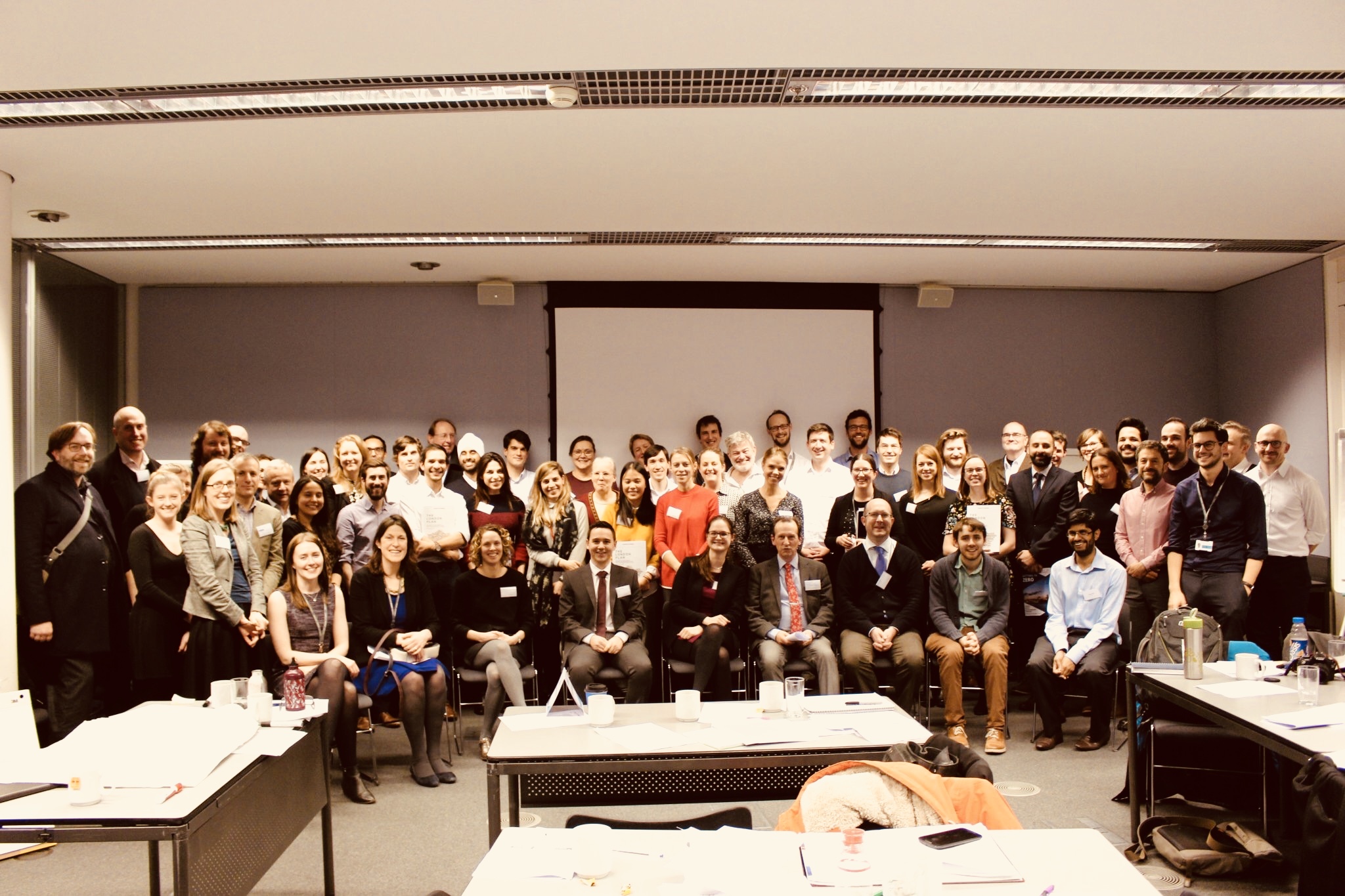Under...
London Energy Transformation Initiative
The London Energy Transformation Initiative (LETI) is a network of over 150 built environment professionals working together to put London on the path to a zero carbon future.
We Design For our proud to be part of this voluntary group that is made up of developers, engineers, housing associations, architects, planners, academics, sustainability professionals, contractors and facilities managers, with support and input provided by the GLA and London boroughs.
It is within this framework that the London Energy Transformation Initiative (LETI), has been operating since their inception. In just 6 months, LETI has hosted public workshops, established peer collaborative task forces, and is on the cusp of presenting four energy policy proposals to the Mayor of London’s office.

LETI was first conceived because the current energy policy in London isn’t driving design solutions to encourage long term carbon emission reduction.
LETI was established to work collaboratively to put evidence-based recommendations forward for two London poloicy documents – the new London Environment Strategy and the new London Plan.
LETI provides a range of proposals with the aim of achieving a zero carbon future, including the need for immediate action to update the carbon factors currently cited within building regulations:
Currently the estimated CO2 reductions of a development, reported in the planning submission energy strategy, is calculated using the carbon factors stated in building regulations (519 gCO2/kWh for grid electricity). This significantly overestimates the carbon emissions related electricity use in the development because the carbon intensity of the electricity grid is much lower than what is currently stated in building regulations.
The carbon intensity of the grid has reduced over the last 10 years. In 2016 the average UK electricity grid carbon factor was 254 gCO2/kWh – less than 50% of the value used in Part L of the Building Regulations.
In order to provide a robust CO2 reduction estimate the use of the right carbon factors is vital. The use of overestimated carbon factors for electricity has had significant knock-on consequences for the current business as usual approach in London. I
t has resulted in gas-fired Combined Heat and Power (CHP) being installed as it is falsely shown to reduce carbon emissions of the development in the energy strategy. Gas CHP is no longer always a net carbon reducer – and thus CHP is no longer necessarily the best route to zero carbon development and certainly isn’t the best solution when we are looking to reduce associated emissions
LETI proposes that the GLA lobby the government to make sure appropriate grid carbon factors are used for Building Regulations and that these are updated regularly.
While LETI will be key to implementing policy changes to help London become a Zero Carbon capital, it will not be possible without wider support of the construction industry.
Download the latest LETI report at https://www.leti.london/
